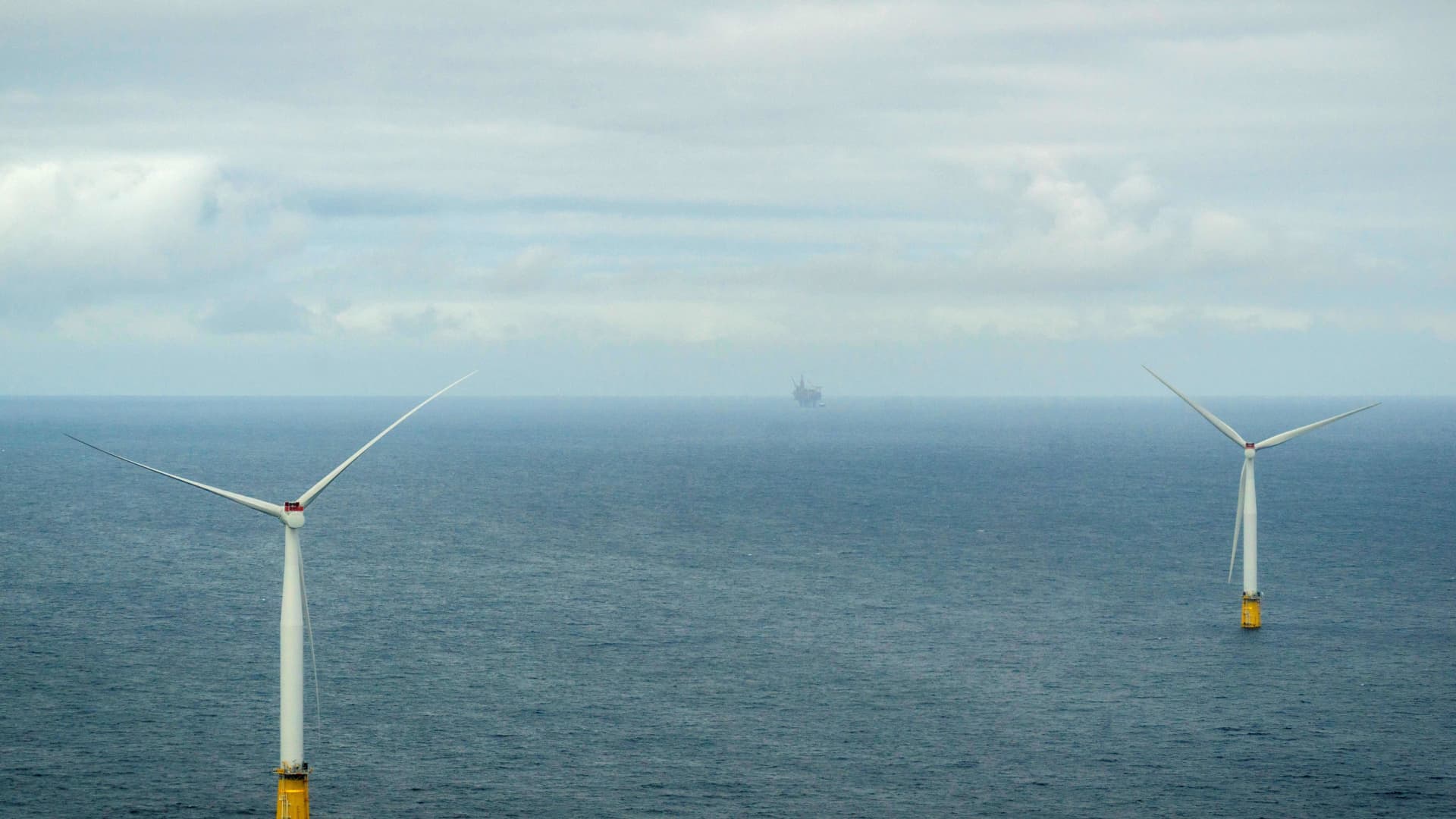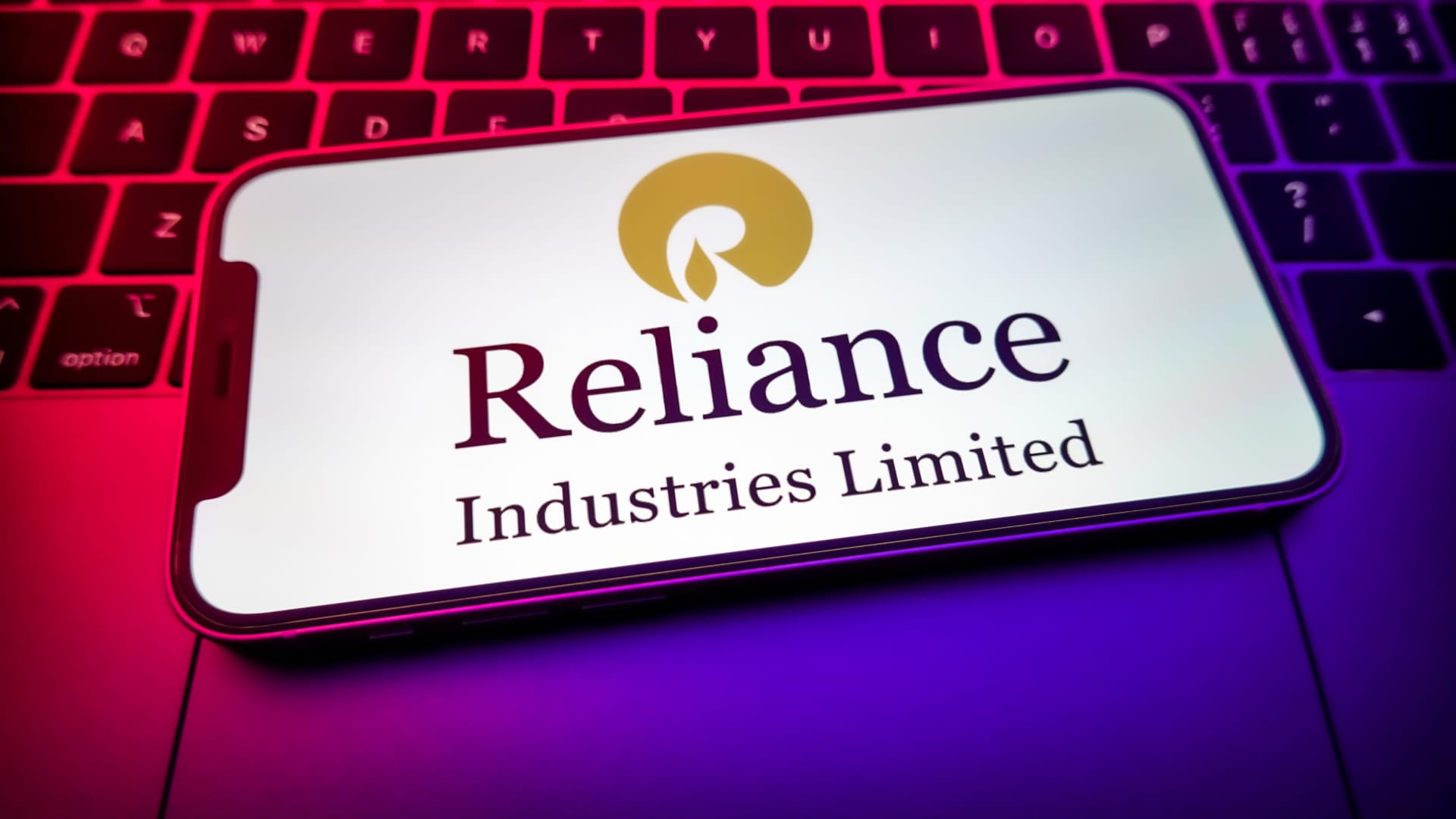Energy
Sunday, August 14th, 2022 8:38 am EDT
At the end of last year, CATL, the world’s largest battery manufacturer, had an annual production capacity of 170 GWh. It has plans to increase that to 670 GWh by 2025, according to Reuters. A major part of that expansion of capacity will come from a new $7.6 billion battery factory to be located on 221 hectares (546 acres) in the Southern Industrial Park in the city of Debrecen in Hungary. The project will supply both cells and modules to European automakers, including Mercedes, BMW, Volkswagen, and Stellantis according to a joint press release by the company and officials in Hungary.
As part of its commitment to reducing the carbon footprint of battery manufacturing, CATL will use electricity from renewable energies and will work with local partners to develop solar power and battery material suppliers both locally and throughout Europe.
“There is no doubt that our plant in Debrecen will enable us to further sharpen our competitive edge, better respond to our European customers, and accelerate the transition to e-mobility in Europe,” said Dr. Robin Zeng, founder and chairman of CATL. “The greenfield project in Hungary will be a giant leap in CATL’s global expansion, and also an important step in our efforts to make an outstanding contribution to the green energy drive for humankind.”
Hungary is becoming a major hub for electric vehicles and batteries in Europe. Debrecen is home to a plant being built by BMW, while Audi has a factory in Gyor in western Hungary’ and Mercedes-Benz has a factory in Kecskemet, in the central part of the country.
Péter Szijjártó, Hungarian Minister of Foreign Affairs and Trade, added, “Both the global and the European economies have been faced with tremendous challenges recently. We in Hungary have a clear goal to be a local exception from the continental recession. The best tool to achieve this goal is to attract state of the art investments in the most revolutionary branch of the automotive industry, namely electromobility. We are proud that CATL decided to execute the biggest ever greenfield investment in the history of Hungary. We have recently become one of the leading battery production sites of the world and with this huge investment we further strengthen our position.”
Markus Schäfer, chief technical officer for Mercedes, said, “This new state of the art European CATL plant in Hungary is another milestone for the scale-up of our EV production together with our key partners. With CATL we have a technology leader as our partner to provide us — as the first and biggest customer of the new plant’s initial capacity — with top notch CO2 neutral battery cells for our next generation EVs in Europe, hence following our local to local approach in procurement. We’re proud to see our Ambition 2039 supported by CATL’s commitment to CO2 neutral production in Hungary.”
One question the press release does not answer is whether the battery cells produced at the new factory will use NMC or LFP chemistries. A good guess is that the correct answer is “both.” BMW may prefer NMC cells because they support higher performance levels while Volkswagen may choose LFP batteries for models that compete directly with Tesla, which is getting ready to begin offering a new version of the Model Y built in Germany that will use LFP Blade batteries from BYD.
What About CATL And North America?
This news raises the question, what plans does CATL have for new factories in North America? The US has just passed a new law known as the Inflation Reduction Act which makes it abundantly clear that batteries and battery components sourced from China will not be eligible for the EV tax credits included in that legislation. Europe seems much less concerned with such matters.
We reported recently that CATL was considering sites in Mexico and the US for a new North American factory, but the kerfuffle over Nancy Pelosi’s visit to Taiwan may have delayed any decision. Reuters reports that a source with knowledge of the situation says CATL had not changed its plan to start local battery production for North America from 2026. The expansion is expected to provide EV batteries for Ford, BMW, and potentially other automakers, including Tesla.
CATL plans to supply LFP battery cells to Ford for its second-generation F-150 Lightning electric pickup truck, but there are no reports (yet) of BMW using LFP cells. It seems likely CATL’s new factories will be capable of producing whatever battery cells its customers require to meet shifting market demands and supply chain variables.
Appreciate CleanTechnica’s originality and cleantech news coverage? Consider becoming a CleanTechnica Member, Supporter, Technician, or Ambassador — or a patron on Patreon.
Don’t want to miss a cleantech story? Sign up for daily news updates from CleanTechnica on email. Or follow us on Google News!
Have a tip for CleanTechnica, want to advertise, or want to suggest a guest for our CleanTech Talk podcast? Contact us here.
Advertisement
This post has been syndicated from a third-party source. View the original article here.




